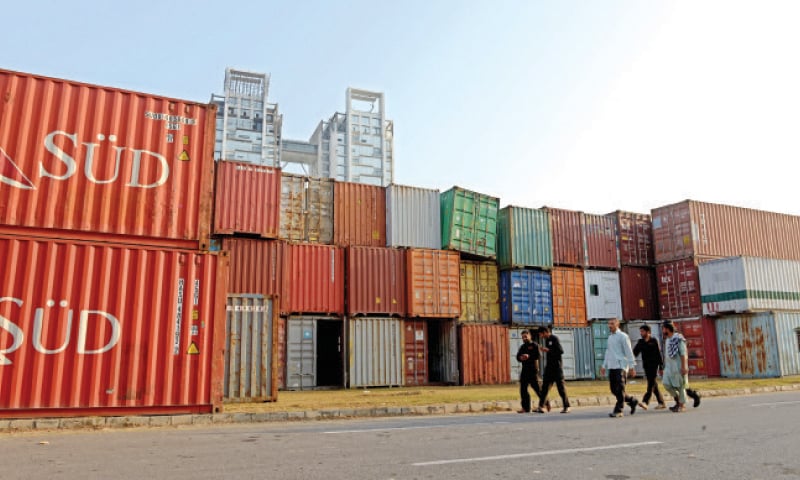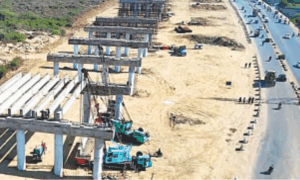Pakistan has always been plagued by political insecurity, which has had a substantial influence on the country’s economy. Despite having enormous natural resources and a relatively big population, Pakistan has struggled to achieve long-term economic progress. The influence of politics in the country’s economic development is one of the key reasons behind this.
Corruption, nepotism, and a lack of accountability have characterised Pakistani politics. For much of its history, the country has been ruled by military dictators, and when it has had civilian governments, they have frequently been tainted by claims of corruption and inefficiency.
Pakistan’s current scenario is no different. Imran Khan, a former cricketer who was elected Prime Minister in 2018, currently leads the country. Khan was elected on an anti-corruption platform and vowed to implement big reforms in the country. However, his government has failed to keep its promises, and the economy has suffered as a result.
The large level of debt that Pakistan has accrued over the years is one of the most critical difficulties affecting the country’s economy. The country’s external debt now exceeds $110 billion, and it is anticipated to climb further in the future years. To keep the country solvent, the government has been compelled to take out loans from overseas lenders, but this has simply added to the debt burden.
Pakistan’s political turmoil has also had an impact on the country’s business environment. Corruption and a lack of openness have made doing business in the country tough. Investors are hesitant to invest in a country where the rule of law is not upheld and where the government’s policies can change at any time.
Another problem holding down Pakistan’s economy is the country’s weak infrastructure. The country’s roads, bridges, and ports are in poor condition, making it difficult to transfer goods and services across the country. This has also hampered the country’s capacity to attract foreign investment, as businesses are hesitant to invest in a country with inadequate infrastructure.
Finally, Pakistan’s economy has been held captive by politics for far too long. The government must take decisive action to address the country’s difficulties, which include corruption, debt, and bad infrastructure. Only by resolving these difficulties can Pakistan hope to achieve long-term economic progress and improve the lives of its people.











